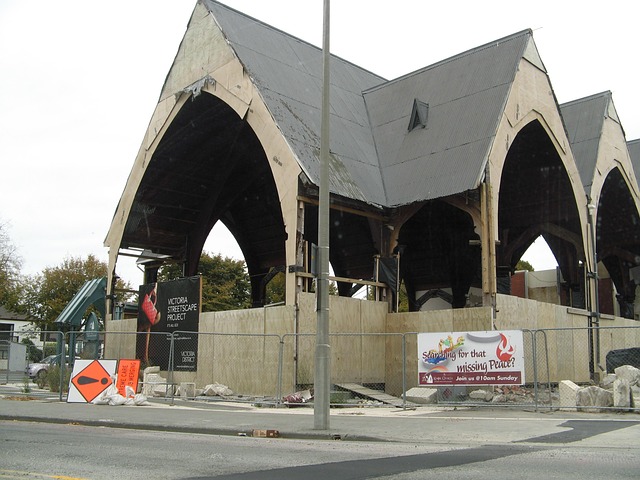Technology Research & Consulting for Tissue Engineering
Technology research and consulting firms play a key role in bridging scientific discovery and practical application in fields such as tissue engineering and regenerative medicine. These consultancies help translate laboratory advances into robust products, guide experimental design, advise on regulatory pathways, and support scale-up of biomaterials and cell-based approaches. Clients typically include academic labs, start-ups, medical device companies, and hospitals seeking expertise across materials, biological systems, and manufacturing workflows.

This article is for informational purposes only and should not be considered medical advice. Please consult a qualified healthcare professional for personalized guidance and treatment.
Tissue engineering research focus
Technology research and consulting teams often begin with mapping the scientific and market landscape for tissue engineering projects. That means evaluating unmet clinical needs, reviewing relevant preclinical models, and identifying gaps in manufacturing or characterization methods. Consultants help design studies that link scaffold and material properties to biological outcomes, prioritize milestones such as proof-of-concept and biocompatibility testing, and create roadmaps for iterative development. This structured approach can reduce risk by aligning experimental design with regulatory expectations and commercialization timelines.
Biomaterials selection and testing
Selecting biomaterials is a multidisciplinary challenge that combines materials science, biology, and process development. Consulting engagements typically assess candidate biomaterials for mechanical properties, degradation behavior, sterility and sterilization compatibility, and interactions with cells and the host tissue. Technology research teams advise on standardizing test methods, interpreting data from in vitro assays and small-animal models, and planning scale-up for manufacturing. Considerations also include sourcing, reproducibility, supply-chain robustness, and documentation required for regulatory submissions.
Extracellular matrix: modelling and analysis
Understanding the extracellular matrix (ECM) is central to designing scaffolds and microenvironments that support tissue formation. Consultants assist in modelling ECM composition and mechanics, selecting assay systems to measure matrix remodeling, and applying imaging and omics tools to quantify cell–matrix interactions. Translational projects may require adapting ECM-derived materials for consistent performance or engineering synthetic analogues that mimic key ECM signals. Consulting can help integrate computational models with experimental data to predict how matrix properties influence long-term tissue integration and function.
Cells: sourcing and characterization
Cells are a cornerstone of many regenerative strategies, and decision-making about cell type, sourcing, and characterization is both scientific and regulatory. Research and consulting groups evaluate primary cells, stem cell sources, or cell lines for suitability to the intended application, advising on expansion methods, potency assays, and release criteria. Proper cell characterization includes phenotyping, functional assays, genetic stability assessment, and contamination control. Consultants also guide documentation practices for traceability and quality systems that align with good manufacturing practices when moving toward clinical use.
Regenerative medicine applications and pathways
Regenerative medicine covers a range of interventions from engineered tissues to biologics that stimulate repair. Consulting services typically help stakeholders translate mechanistic insight into clinical hypotheses, design relevant animal studies, and prepare regulatory strategies suited to combination products or advanced therapies. This involves assessing the evidence required for clinical trials, identifying potential biomarkers of efficacy, and designing endpoints that reflect meaningful patient outcomes. Consultants often coordinate multidisciplinary teams—engineering, clinical, regulatory, and manufacturing—to ensure that development plans are feasible and evidence-driven.
Engaging technology research & consulting services in your area
Organizations that need support can work with boutique consultancies, larger technology firms, or university-affiliated translational units. Typical engagements range from short feasibility studies and protocol reviews to longer collaboration on preclinical programs and manufacturing transfer. When selecting local services, evaluate expertise in your specific tissue type or application, experience with relevant biomaterials and cell systems, and a track record of interfacing with regulatory bodies. Clear scope definition, milestone-based contracts, and attention to data reproducibility help keep projects on schedule and aligned with stakeholder expectations.
Conclusion
Technology research and consulting provide structured support across the life cycle of tissue engineering and regenerative medicine projects: from material and cell selection to ECM modelling, preclinical validation, and regulatory planning. By combining technical depth with practical development pathways, consultants help reduce translational risk and clarify the steps needed to move promising science toward clinical impact. Careful selection of partners and rigorous experimental design remain essential to progress in this interdisciplinary field.




